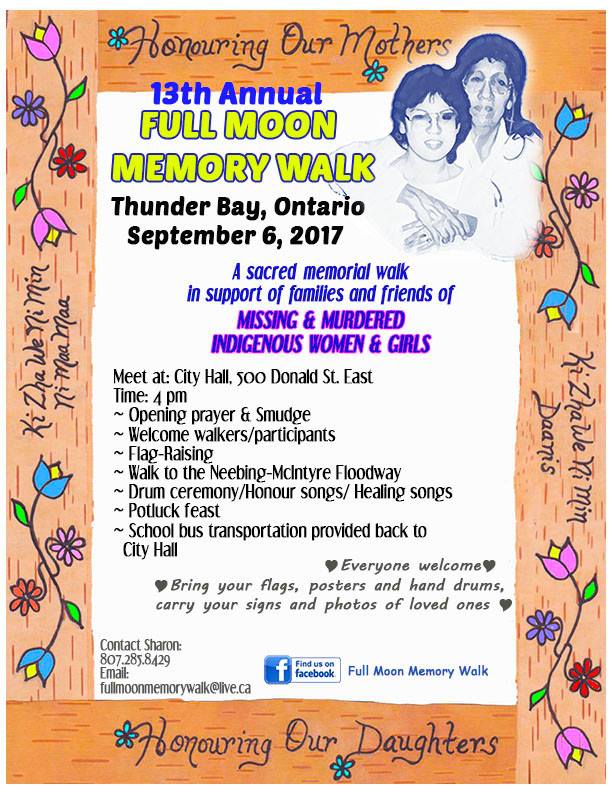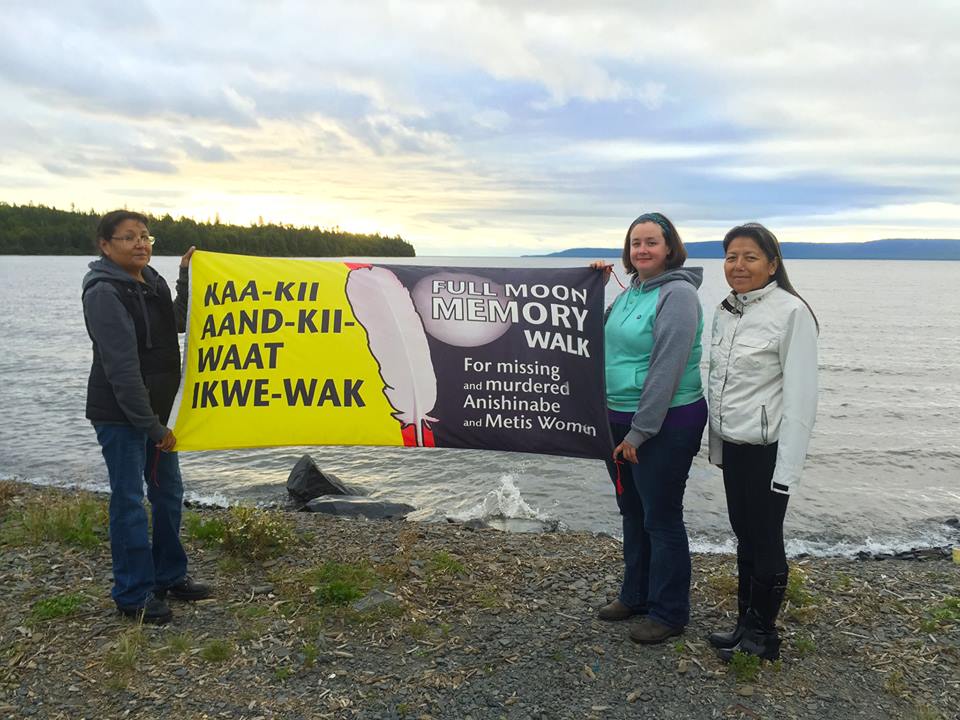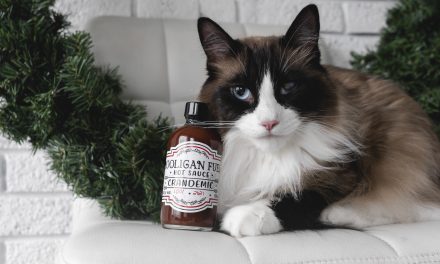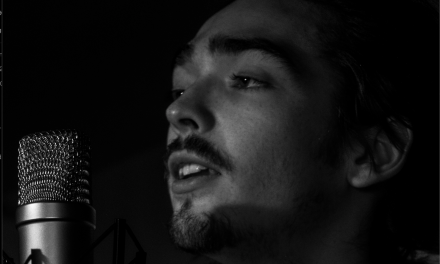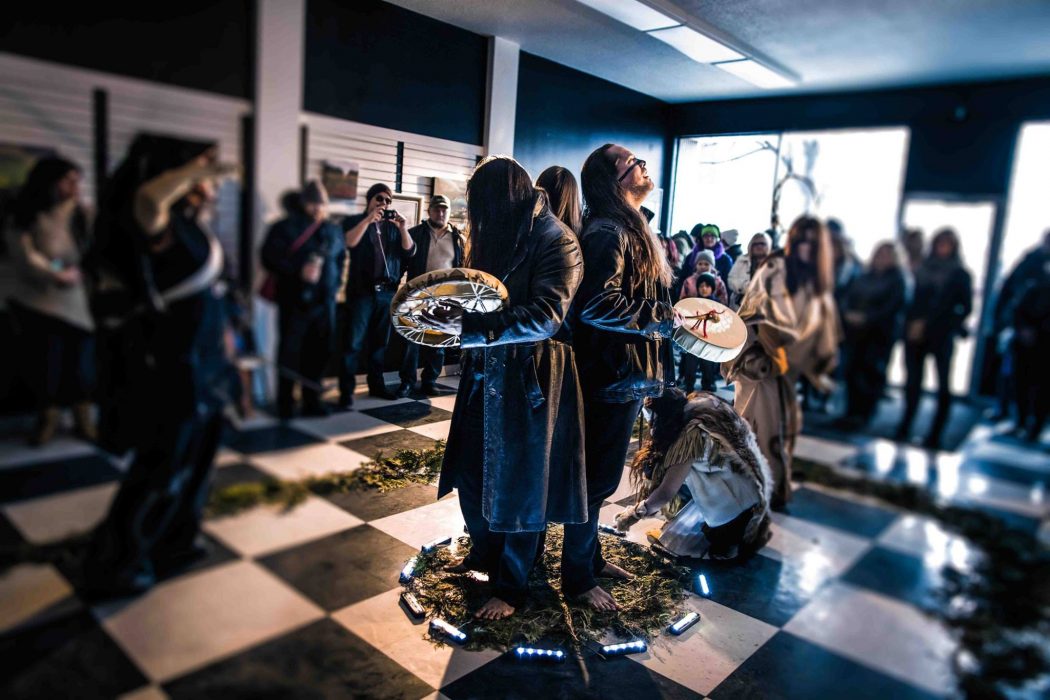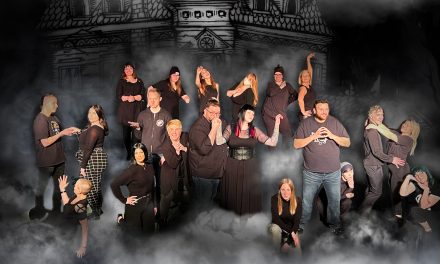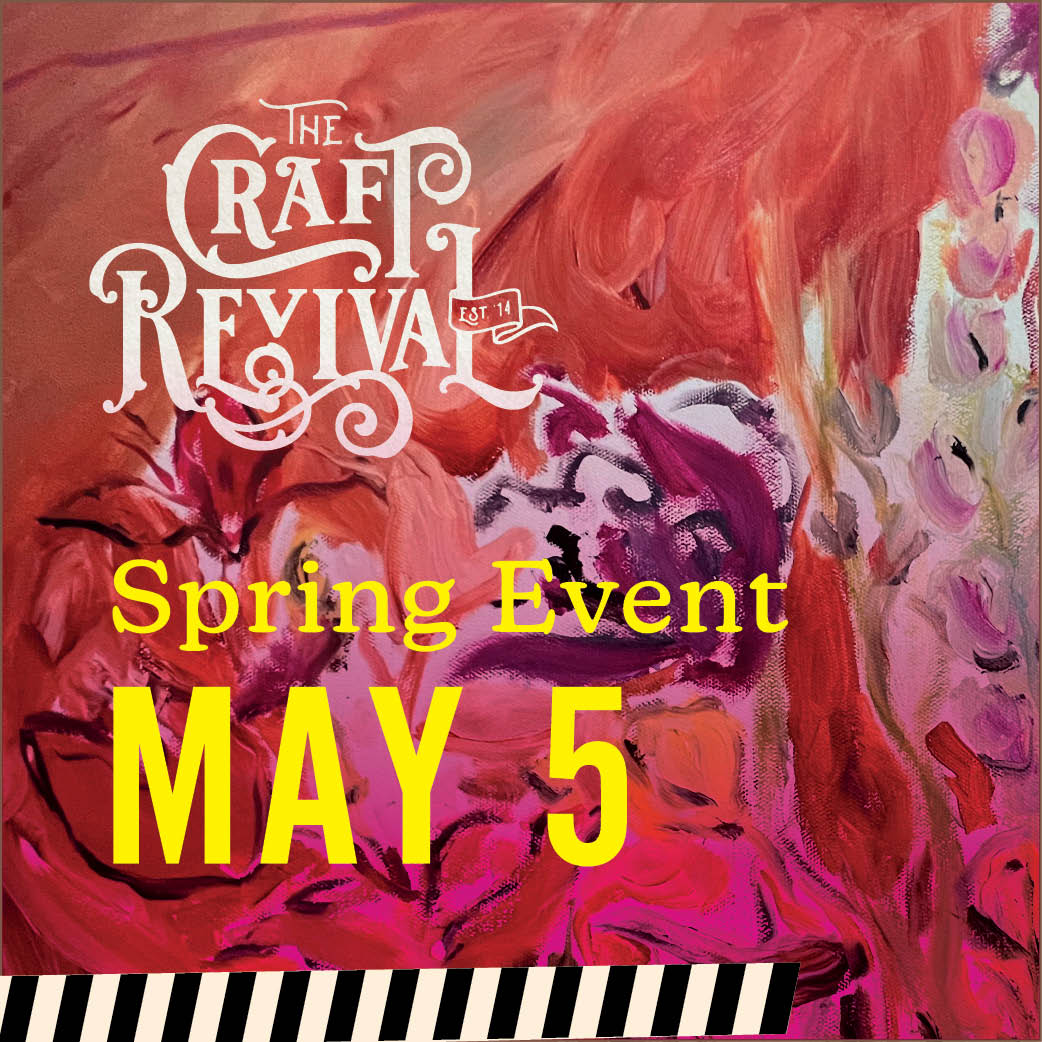By Deborah Jensen
It was a foggy morning. I am late, so much so that I didn’t have time to make coffee or even grab one on the way. I see her message “Are you coming?” We have done this routine many times (all last summer in fact), driving to attend planning meetings for the Full Moon Memory Walk. This particular morning is different, but not because I am late. It is still our regular planning meeting however, it is also the first time I have seen her since her mother had passed. I have a gift for her this morning. “So … where is my turtle?” she asks. I reply, shocked “But, how did you know?”
My friend Sharon Johnson of Seine River First Nation, the organizer of the Full Moon Memory Walk, is quite the collector of turtle trinkets. We use her collection of turtles as display items at the information tables we have during community events, such as the Crime Prevention Council’s City Hall Sounds events and the Fort William First Nation’s annual summer powwow.
The turtles are a good conversation starter along with the bowl of candy that is often provided. Many photographs of Indigenous women accompany us to show faces of women who have gone missing and were murdered in the Thunder Bay area. The list is long, estimated to be in the hundreds and closer to a thousand all across Canada. Often the numbers exclude women who are claimed to have passed from natural causes or exposure, leaving a possibility for the list to be longer.
Indigenous women are three times more likely than non-Indigenous women to be a victim of a violent crime. The photos in our display represent a small percentage of murdered and missing Indigenous women in the Thunder Bay area alone—we would need an entire room to show all. We always have visitors to our table who know a murdered and missing Indigenous woman, and sometimes end up knowing more than one. They share stories about the lives of the women after seeing their photo at our booth. They are people who were important to the lives of the women: brothers, sisters, children, grandparents, friends, co-workers, community members, fathers and mothers.
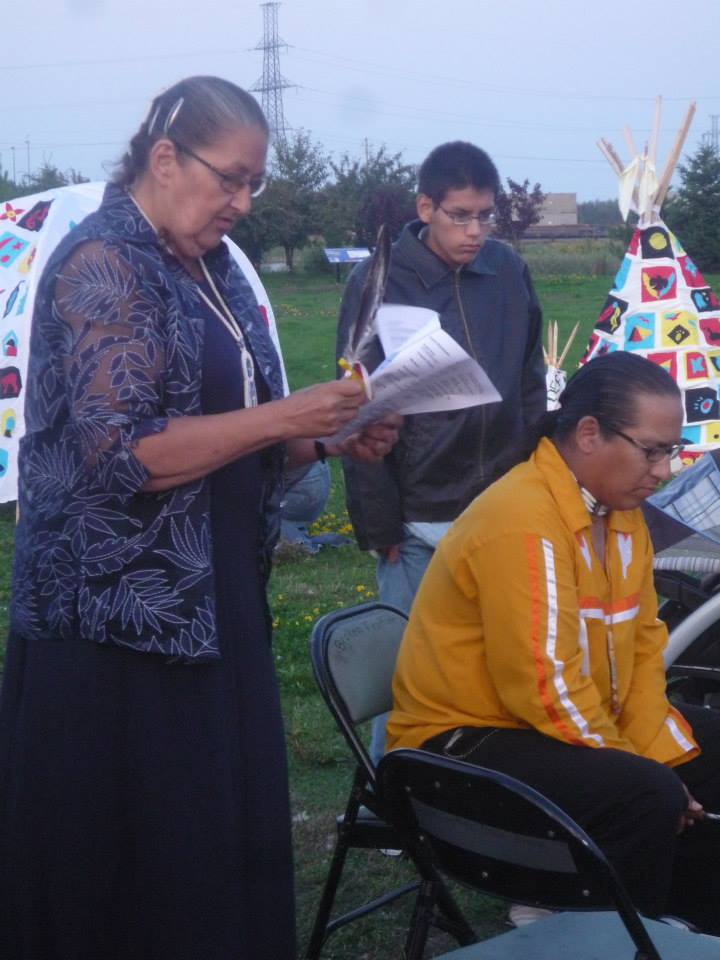
“Walking beside someone who has lost a loved one to violence at our annual Full Moon Memory Walk is one way to show the person they are not alone, we care, and that they are loved, supported.” -Sharon Johnson
The Full Moon Memory Walk has been bringing grieving loved ones of murdered and missing Indigenous women together, to support each other and memorialize the women, keeping their memory alive. This year, the event will take place on September 6, starting at City Hall (500 Donald East) with an opening prayer and smudge, then walking to the Neebing-McIntyre Floodway. When we arrive at the floodway we will have a drum ceremony with honour songs followed with a potluck feast. Everyone is welcome and transportation will be provided back to City Hall.
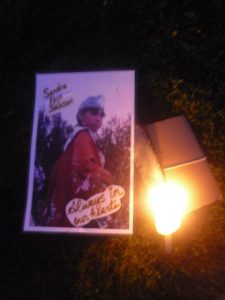
In memory of Sandra K. Johnson
Sharon has become an organizer of the walk since her sister Sandra K. Johnson was found in the river of the Neebing McIntyre Floodway in February of 1992. This is the same location where 14-year-old Josiah Begg was found in May. Ceremony is a significant part the walk, a few days before the walk, I assist in helping with the sunrise ceremony. Sharon and I wake up at 6 am along with family members to meet representatives of the Thunder Bay Police Service who join us in a sunrise ceremony for the walk. The police have been a great support to the walk by contributing security, shelter, and food for the walkers. When summarizing her own experience of organizing the walk Sharon says, “Walking beside someone who has lost a loved one to violence at our annual Full Moon Memory Walk is one way to show the person they are not alone, we care, and that they are loved, supported.”
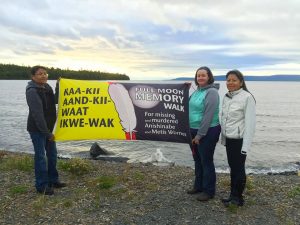
Sharon Johnson, Deborah Jensen, and Marcella Johnson at Brule Bay, Fort William First Nation on the morning of a sunrise ceremony
But why are Indigenous women are more at risk of violence in Northern Ontario? Is not a simple answer, but it has a lot to do with colonialism. When European settlers first arrived to the shores of what is now known as Canada they discovered that women carried roles in the Indigenous community that were very different from the expected European roles of women. In the Indigenous community, women were held in high regard as they are the givers of life. Settler colonialism has had a significant impact on devaluing the traditional and governance roles of Indigenous women today through colonial and patriarchal values carried on from the past.
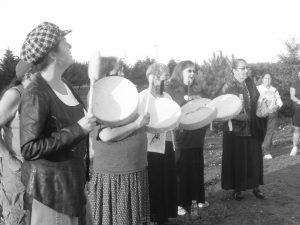
Women drumming at a memorial ceremony
Research from the Sisters in Spirit initiative shows that 90% of the missing and murdered Indigenous women in Canada were mothers. The Johnson family lost their mother Joyce Johnson to cancer earlier this year. Joyce had been involved in the walk often taking on a role as the elder for the ceremony of the walk.
This year, the Full Moon Memory Walk will be in honour of Indigenous mothers who were lost and for mothers praying for justice of their loved ones. Indigenous women are valued members of our society in Thunder Bay whether they are mothers, grandmothers, sisters,
daughter, aunties, nieces, cousins, partners and wives. The Full Moon Memory Walk helps restore the roles of Indigenous women in our community—we invite you to come and walk with us.